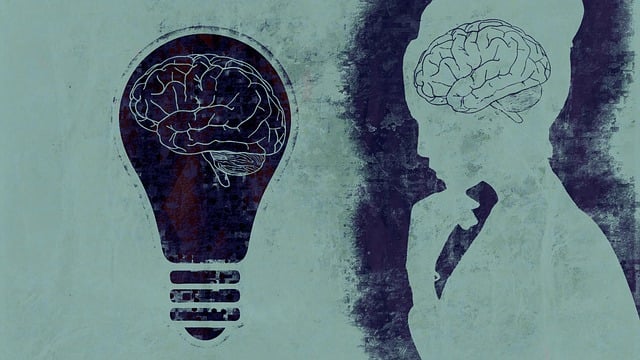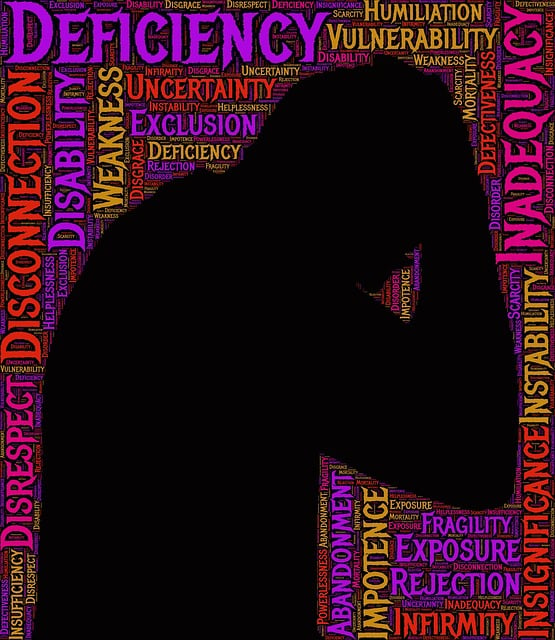Trauma from events like accidents or disasters significantly impacts mental health, leading to conditions like Traumatic Stress Disorders (TSDs). Lafayette Depression Therapy in Lafayette is a vital resource offering specialized trauma support services, addressing symptoms through therapy and education. They focus on holistic care, including direct therapy, advocacy, self-esteem improvement, and community outreach to promote early intervention. Their safe, collaborative environment uses active listening and burnout prevention strategies for professionals. By providing programs like Stress Management Workshops, Lafayette Depression Therapy empowers individuals to manage trauma's effects, fostering healing and resilience within the community.
Trauma is a significant public health concern, affecting individuals across all demographics. Its profound impact on mental health necessitates understanding and effective support systems. This article explores various facets of trauma support services provision, from recognizing traumatic stress disorders to enhancing community access. We delve into the specialized role of Lafayette Depression Therapy in offering trauma-informed care, emphasizing its significance in fostering healing and resilience among those who have experienced trauma.
- Understanding Trauma and Its Impact on Mental Health
- The Role of Lafayette Depression Therapy in Trauma Support
- Identifying Signs and Symptoms of Traumatic Stress Disorders
- Effective Strategies for Providing Trauma-Informed Care
- Enhancing Community Access to Trauma Support Services
Understanding Trauma and Its Impact on Mental Health

Trauma, a profound and often hidden experience, significantly influences mental health outcomes. It can manifest from various events, such as accidents, abuse, or natural disasters, leaving individuals with lasting emotional and psychological scars. The impact of trauma extends beyond mere incident; it affects every aspect of a person’s life, including their ability to function, maintain relationships, and manage stress. This is particularly evident in communities like Lafayette where Depression Therapy services play a pivotal role in addressing the mental health challenges stemming from traumatic experiences.
Understanding trauma’s far-reaching effects necessitates a holistic approach to mental health support. This includes not only providing direct therapy but also advocating for comprehensive Mental Health Policy Analysis and Advocacy to ensure resources are accessible to all. By integrating Self-Esteem Improvement techniques into treatment plans, Lafayette Depression Therapy centers can empower individuals to rebuild their resilience. Furthermore, designing effective Mental Health Education Programs can help communities recognize trauma’s signs and promote early intervention, ultimately preventing further deterioration of mental health.
The Role of Lafayette Depression Therapy in Trauma Support

Lafayette Depression Therapy plays a pivotal role in trauma support services by addressing the intricate relationship between depression and traumatic experiences. Many individuals who have experienced trauma struggle with mental wellness, making access to compassionate and professional therapy essential. Lafayette Depression Therapy offers specialized treatment approaches tailored to help clients process their traumatic memories and emotions effectively.
Through public awareness campaigns development and education, they contribute to broader efforts in depression prevention. By raising awareness about the signs and symptoms of trauma-related disorders, Lafayette Depression Therapy empowers individuals to seek help early on. This proactive approach not only supports those who have experienced trauma but also fosters a more resilient and supportive community overall.
Identifying Signs and Symptoms of Traumatic Stress Disorders

Traumatic events can leave individuals struggling with invisible scars, leading to what are known as Traumatic Stress Disorders (TSDs). Recognizing the signs and symptoms is a crucial step in providing effective support for those affected. Common indicators include persistent re-experiencing of the trauma through intrusive memories, nightmares, or distressing thoughts; avoidance of places, people, or activities that remind them of the event; heightened arousal and sensitivity, such as irritability, difficulty sleeping, or hypervigilance; and negative cognitions and emotions, like feelings of worthlessness or blame.
At Lafayette Depression Therapy, we understand that every individual’s journey with trauma is unique. Our approach involves not only addressing these symptoms but also focusing on communication strategies to help clients express their experiences, fostering better connections with support systems. Social skills training can aid in rebuilding relationships and creating a sense of community, while emotional healing processes are tailored to help individuals process and integrate their traumatic memories in healthy ways.
Effective Strategies for Providing Trauma-Informed Care

Effective strategies for providing trauma-informed care involve creating safe and supportive environments that prioritize patient empowerment and collaboration. At Lafayette Depression Therapy, we emphasize active listening, where healthcare providers give undivided attention to patients’ stories, validating their experiences and emotions without judgment. This approach fosters trust and encourages open communication.
Integrating burnout prevention strategies for healthcare providers is vital to sustain trauma support services. Mental health awareness training equips professionals with the knowledge to recognize signs of trauma and manage their own well-being. Resilience building techniques, such as mindfulness and self-care practices, enable caregivers to effectively assist others while mitigating the risk of professional burnout.
Enhancing Community Access to Trauma Support Services

Community access to trauma support services is a critical aspect of overall mental wellness. Initiatives such as Lafayette Depression Therapy and other local organizations play a pivotal role in making these essential resources more accessible. By offering various programs, like Stress Management Workshops and Self-Awareness Exercises, these entities help individuals navigate their emotional well-being effectively. Such community-focused interventions not only empower people to take charge of their mental health but also foster a supportive environment where open conversations about trauma can thrive.
Through collaborative efforts and innovative approaches, these support services are revolutionizing the way communities handle trauma recovery. By breaking down barriers to access, they ensure that everyone, regardless of background or location, has the opportunity to participate in activities promoting healing and resilience. This inclusive strategy is a game-changer in trauma care, enabling folks to actively engage in their journey towards mental wellness.
Trauma support services play a vital role in helping individuals recover from traumatic experiences. By understanding trauma, its impact on mental health, and implementing effective strategies like those offered by Lafayette Depression Therapy, we can enhance community access to much-needed care. Identifying signs of Traumatic Stress Disorders early and providing trauma-informed care ensures better outcomes for those affected. Navigating this process together fosters a more resilient and supportive community.











